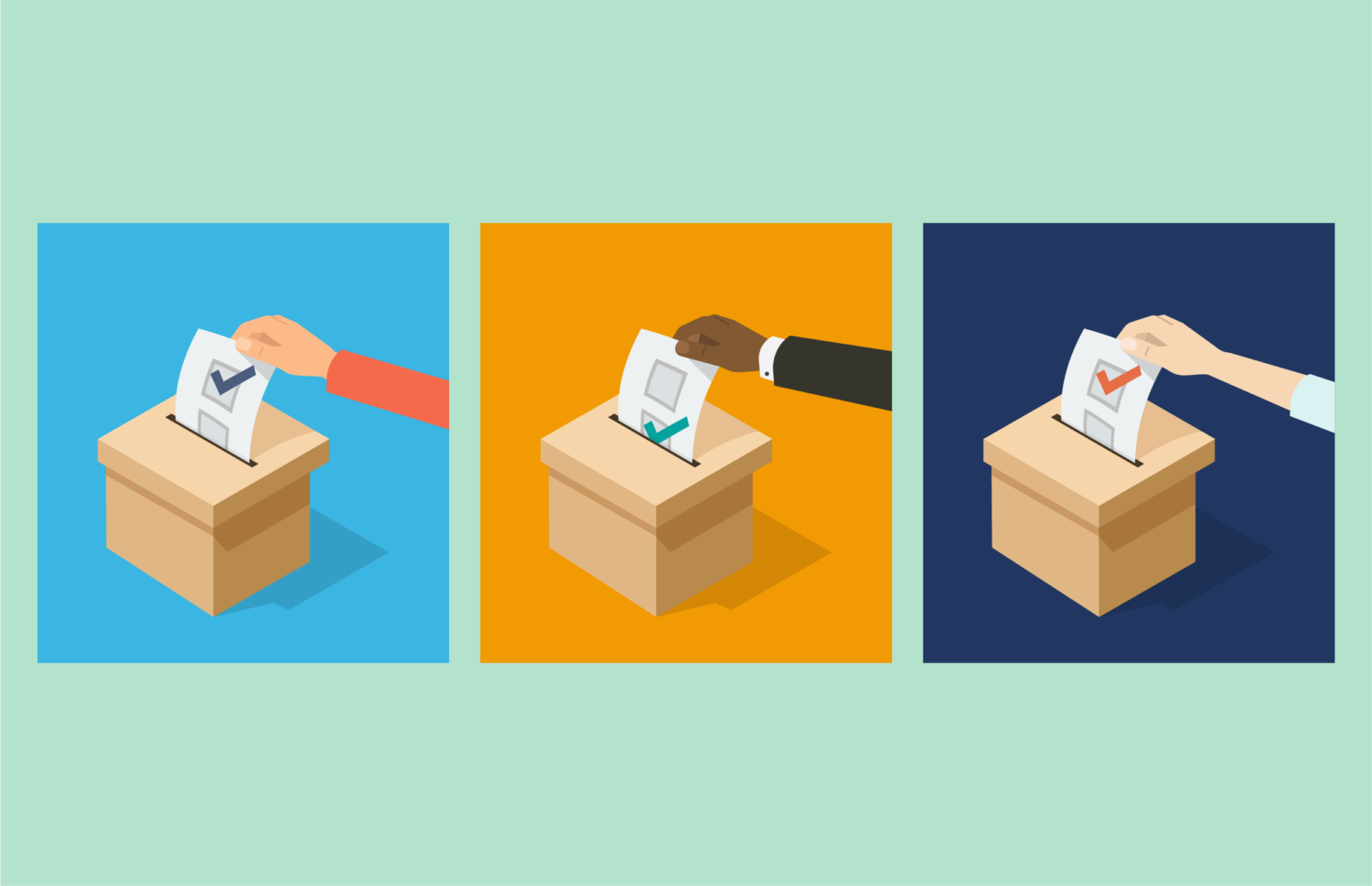How People View Democracy Today May 29, 2022
To truly understand how Americans feel about democracy, we go deeper than approval for particular institutions and reforms.
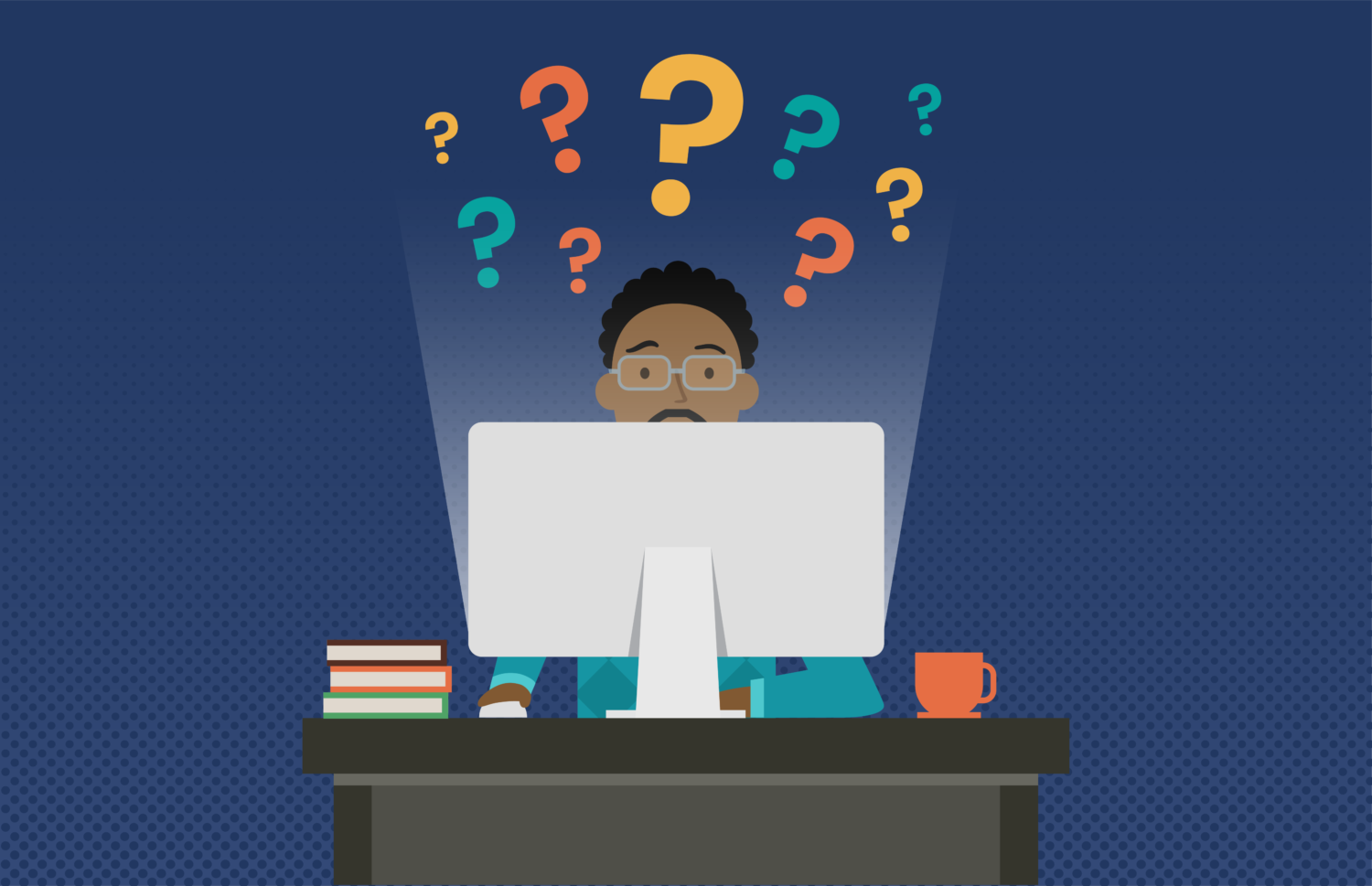
1. Analyzing Attitudes
In order to find common ground and expand the pro-democracy tent, Citizen’s April national survey gauged Americans’ values and behaviors, asking:
When we posed the question “Consider those with whom you disagree politically, which of the following describes your feelings towards them?” we saw a complex set of emotions factoring into people’s views.
Share this report
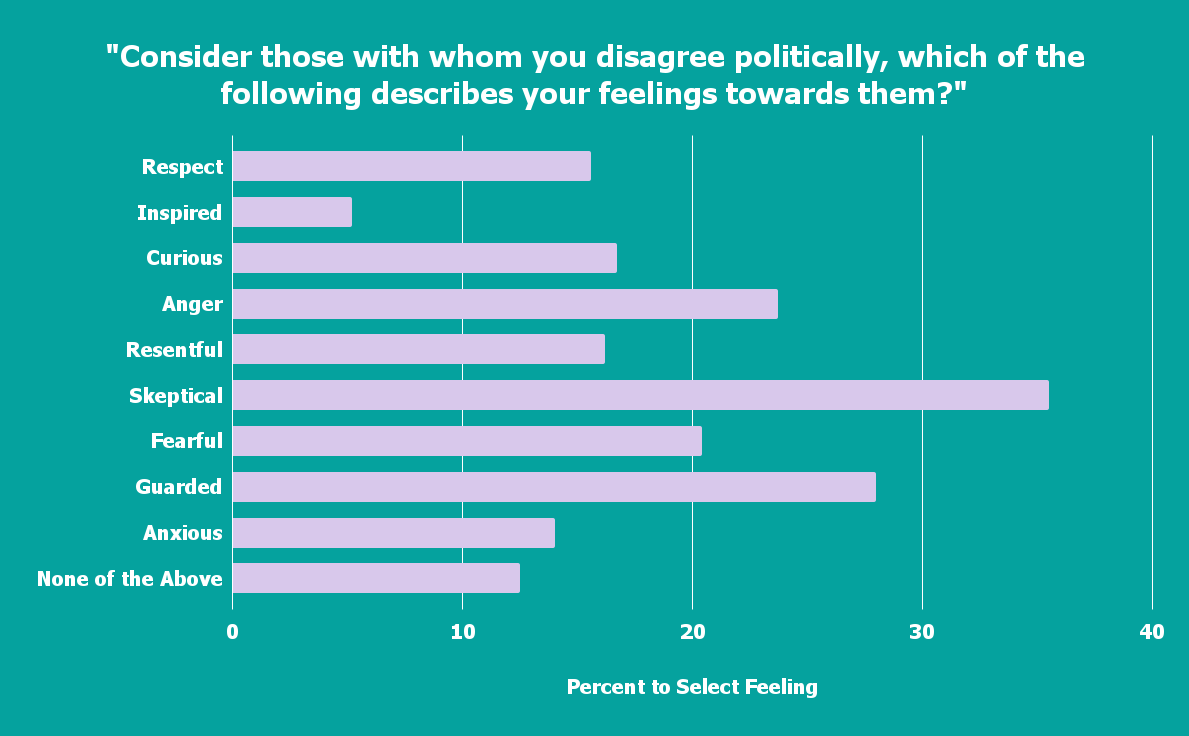
The high rate of anger, skepticism, and fear towards those we disagree with is helping to erode trust in our democracy.
2. Trust Comes in Different Partisan Flavors
We know from our work that trust is the key barrier (and opportunity) to change hearts and minds, and rebuilding trust in elections will be critical this year, into 2024, and beyond.
While many continue to look back to 2020, we look ahead to 2024. Our April Arizona democracy survey found 55% of Arizonans would “definitely” or “probably” trust the legitimacy of the 2024 elections, while 30% “definitely” or “probably” would not.
Nearly 50% of Republicans say they will probably or definitely not trust the 2024 results, even with two years to go and the outcome undetermined. While 92% of Democrats have no doubt Biden won in 2020, 22% either won’t or don’t know if they will trust the outcome of the next Presidential election.
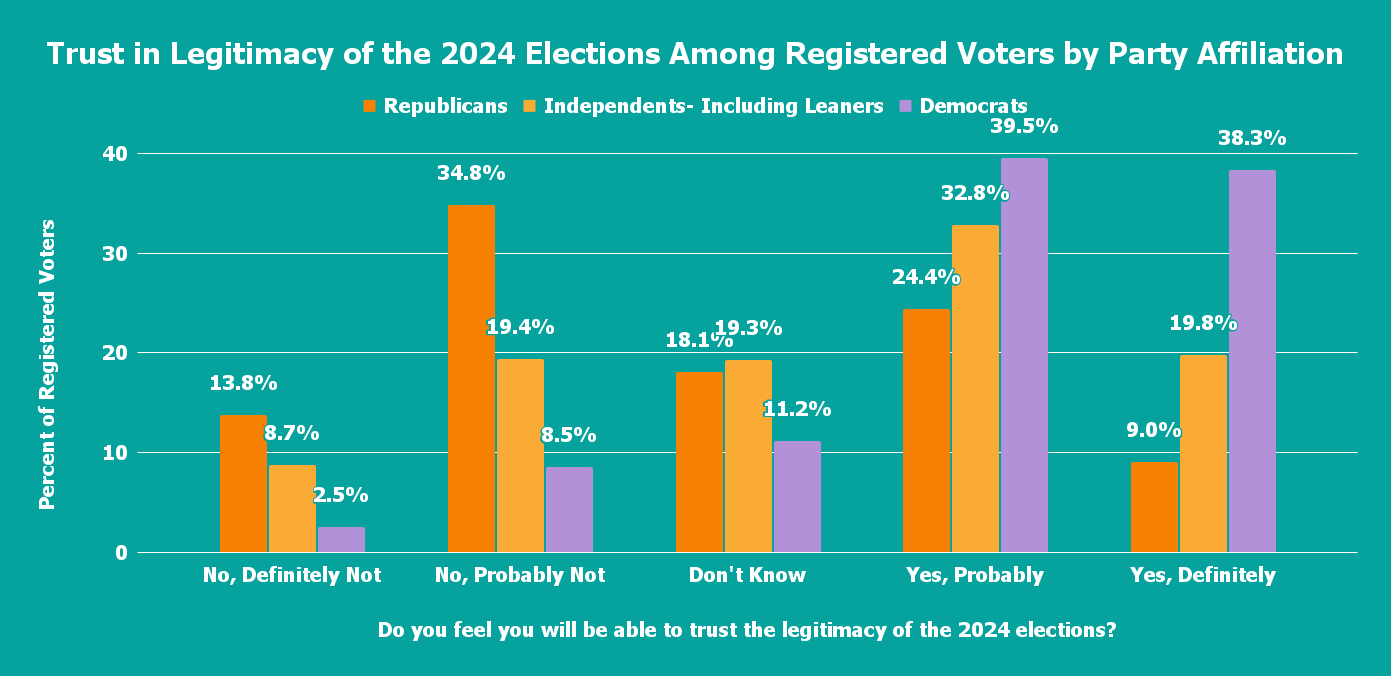
3. The Perceived Threats
The voters who expressed skepticism about the legitimacy of the 2024 elections also view the threats to democracy differently based on their partisan identities:
- Republicans: voter fraud, money in politics, and polarization
- Independents: money in politics, polarization, and voter fraud
- Democrats: money in politics, voter suppression, and political violence
Money in politics and polarization are concerns across divides, while things like voter fraud and voter suppression are distinct worries based on one’s partisan identity.
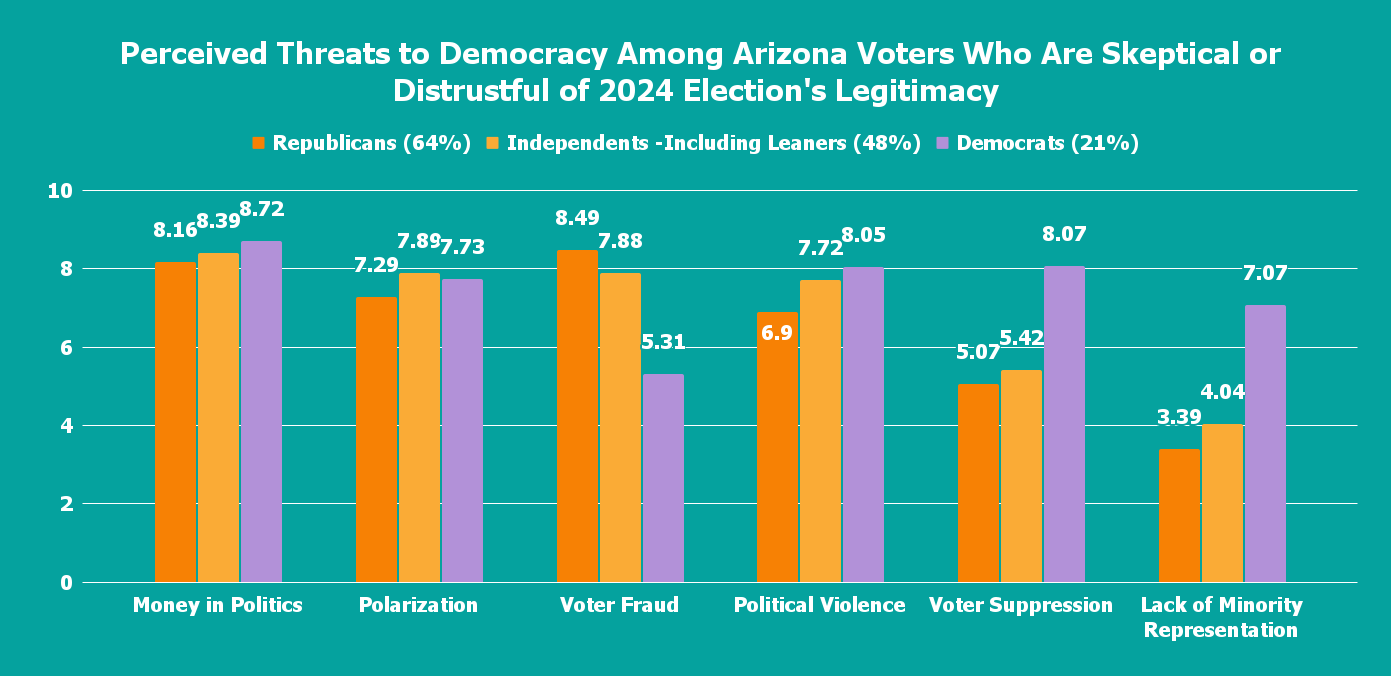
Data-in-Action
Through this data we have gleaned insights about various voter personas, and have segmented the American electorate on a democracy spectrum. These segments inform a customized and targeted approach centered around:
- Respectful engagement: providing opportunities for deliberation across difference to transform guardedness and anger into respect
- Using the right messages and messengers: challenging misinformation with effective messages from trusted messengers to restore faith in institutions.
If you have any questions, don’t hesitate to reach out. Enjoy Citizen’s Data for Democracy series? You can find past installments here.
Defusing Election Disinformation
The belief that former President Trump won the 2020 election is fueled by a large-scale disinformation campaign with potentially disastrous consequences. As the Jan. 6 hearings play out, we ask: What impacts do election conspiracies have on our voting process, and how can we mitigate and combat election mistrust?
